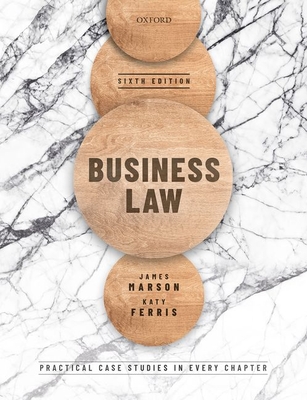The Lived Experiences of African International Students in the UK
Precarity, Consciousness and the Law
(Author) James MarsonInternational student migration makes a significant contribution to higher education in the United Kingdom, with Southern Africa, and Nigeria in particular, positioned joint sixth in the top ten of sending countries. Many of these student-migrants, in supplementing their finances to fund their studies in the United Kingdom, undertake employment. Temporary and/or part-time employment is integral to the student-migrant experience, despite the express purpose of their admission into the United Kingdom designated for study purposes and not work. This explicit object is reflected in restrictions affixed to international students' employment rights whilst studying; they are generally restricted to a maximum of 20 hours of work per week during term time and proscribed from working full time or as independent contractors. Given the scant regard this topic has received in the existing literature, this study offers an examination of students' lived employment experiences under these rules. The study aims to offer a contribution, first in respect of the employment experiences of student-migrants through the analytical framework of 'precarity' by examining the various manifestations of insecurity in the students' lived realities, nuanced by structures of migration control and labour market temporalities. Secondly, by adopting the socio-legal schema of legal consciousness, the study considers the student-migrants' relationship with the law by way of the legal restrictions on their employment and examines their agency as evidenced through efforts to derogate from these rules.
James Marson
James Marson is a celebrated author known for his novel "The Glass Castle," a poignant memoir of his tumultuous childhood. His writing style is raw and honest, delving into themes of resilience and family dynamics. Marson's work has made a significant impact on literature, inspiring readers with his powerful storytelling.



